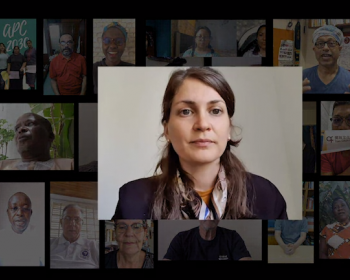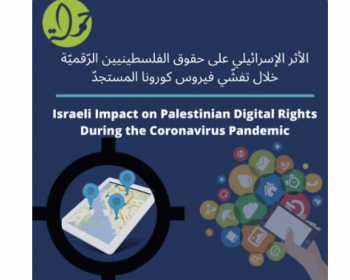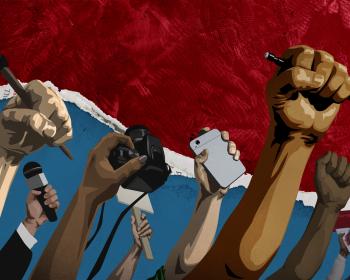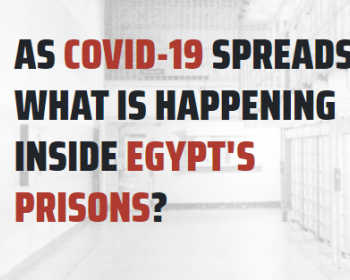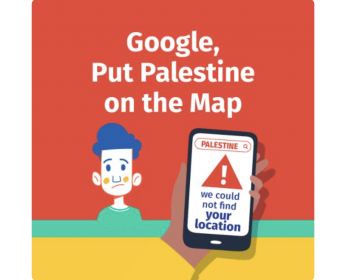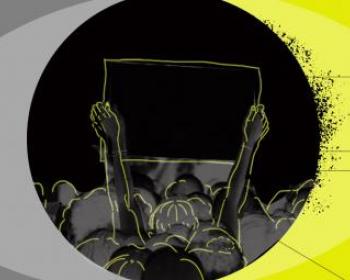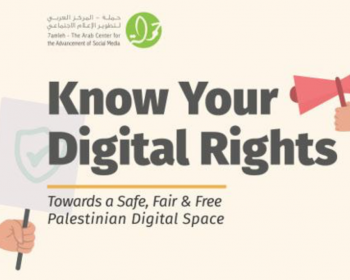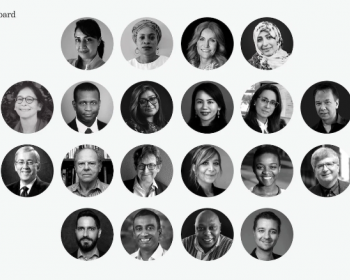Middle East and North Africa
On 30 August, Lebanese internet users reported an internet disruption that made it almost impossible to access platforms like Twitter. This outage affected many websites and services globally, but not all internet service providers nor all internet services in Lebanon were affected the same.
This position paper published by 7amleh - The Arab Center for the Advancement of Social Media details the increase in Israeli digital rights violations with the onset of the COVID-19 pandemic.
Temporary internet disruptions and shutdowns pose serious challenges to the exercise of a wide range of rights and cannot be justified under any pretext. We therefore call on the Lebanese authorities to lift all restrictions on internet access and restore telecommunications to full capacity.
Family members and lawyers have a right to communicate with their loved ones and clients at all times, but particularly during a pandemic. The public also has a right to information on measures to curb the spread of COVID-19 inside prisons. These are the reasons behind the #IWantALetter campaign.
Palestinian civil society denounces Google Maps' digital discrimination against Palestinians, and urges Google to abide by international law and human rights standards including in the case of Palestine.
The analysis of the sphere of movement building and internet governance in North Africa leads inevitably to assess the shrinking of digital space and online mobilisation during the COVID-19 pandemic in the region.
Al Munasq, a dangerous application launched by Israel’s Coordination of Government Activities in the Occupied Palestinian Territory (COGAT) unit last year, violates Palestinians' privacy and can lead to other human rights violations.
7amleh has published the first guidebook to Palestinian digital rights in Arabic and English. “Know Your Digital Rights: Towards a Safe, Fair & Free Palestinian Digital Space” gives an overview of the digital rights of Palestinians.
Palestinian civil society organisations condemn the selection of Palmor, voicing concern about the impact that her role will play in further shrinking the space for freedom of expression online and the protection of human rights.

Association for Progressive Communications (APC) 2022
Unless otherwise stated, content on the APC website is licensed under Creative Commons Attribution 4.0 International (CC BY 4.0)




